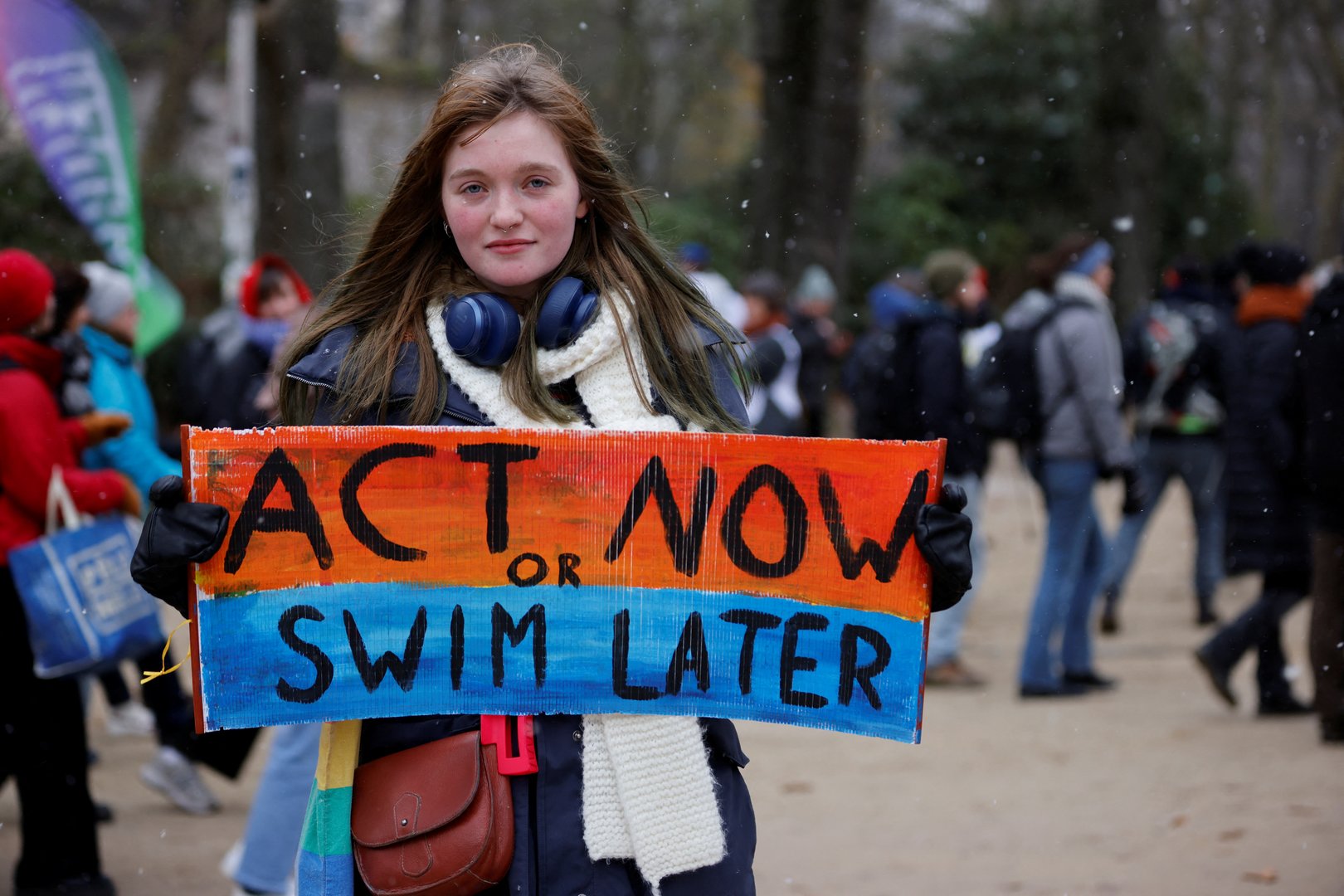By Andreas Charalambous and Omiros Pissarides
The issue of climate change remains at the forefront of global attention. States, businesses, civil society organisations and experts met, under the auspices of the United Nations, in Dubai to take stock and attempt to reach consensus on the way forward.
The key objectives were to enter into an international agreement that includes: (a) confirmation of ambitious goals for climate neutrality by 2050 and containment of the world temperature increase to 1.5 degrees Celsius, and (b) a shift of energy production, away from the traditional and environmentally harmful sources of oil, natural gas and coal towards renewable forms of energy.
Aside from the conference, in real terms, the progress that has been achieved so far is indeed remarkable. Technological leaps now allow the production of energy from renewable energy sources at competitive prices, as well as their storage, mainly through batteries, at relatively low costs.
However, most experts point to the large gap that still exists between, on the one hand, nations’ commitments to reduce emissions and, on the other hand, the transformation of these commitments into practical policies and outcomes.
Particularly worrying is the fact that, at a political level, there appears to be a relaxation of efforts to combat climate change, which is expressed in various ways, such as the “admission” that climate goals are not feasible and that, therefore, the timetable for their achievement should be shifted to a later stage. It is also argued that the consequences of climate change will not be as catastrophic as most scientists believe. Furthermore, hopes of achieving climate goals are placed on technologies that, although may have a positive contribution in the long term, are still in their infant stages, such as carbon dioxide absorption technologies.
Equally problematic is the reduced appeal to citizens and the dwindling popular support for policies to combat climate change. The question, naturally, arises as to why there is such a mismatch between scientific knowledge and the politically/publicly perceived reality. The well-known economist Pisani-Ferry cites two main factors:
First, the costs of combating climate change are immediate, whereas the benefits, although indisputable, are long-term. In such cases, the market mechanism (private initiative) does not, on its own, lead to the desired outcome.
Second, adaptation measures disproportionately affect the vulnerable segments of the population, thus posing difficulties of a political nature.
In practice, the challenge is one of a transitional nature, specifically until the point in time when green policies become economically and politically viable, without the need for material state intervention.
Unfortunately, the window of opportunity to change course and prevent negative developments for the next generations is narrowing dangerously. Postponements and delays of necessary actions will simply make future adjustments more painful and, possibly, disastrous.
Scientific knowledge shows the path, which includes adherence to the ambitious goal of zero emissions by 2050, an agreement to increase public investment in infrastructure, significant subsidies for private investment in renewable energy and storage technologies, establishment of a special fund to finance climate policies in developing countries, expansion of the emissions trading mechanism, implementation of a global framework for minimum carbon taxation and, importantly, embracing targeted social measures to mitigate the impact on the vulnerable population.
Andreas Charalambous and Omiros Pissarides are economists








Click here to change your cookie preferences